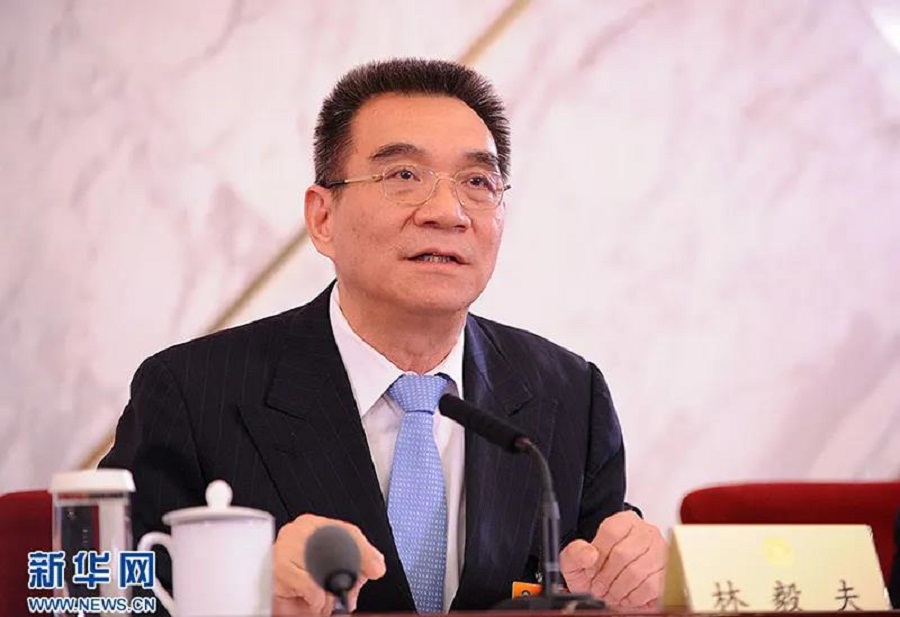Dean and Professor, Institute of New Structural Economics, Peking University
After more than 30 years of reform and opening up, China's economic development achievements have been praised by the majority of developing countries. More and more developing countries begin to learn from China's experience in economic reform and development. Some countries even begin to formulate and implement their own economic development plans according to China's experience. In view of this, it is necessary to explore the experience of China's economic reform and development, and which experience has substantial reference value for developing countries, including the better developed emerging economies. In my opinion, there are at least three aspects of China's experience that can be used for reference.
Firstly, emancipating the mind and seeking truth from facts,. We should know ourselves and others correctly. To have a correct understanding of oneself is to have an objective and comprehensive understanding of the country's basic national conditions and conditions, including its development stage and its natural resources, labor force, capital and other endowment conditions; We should also understand the main problems faced by the past and present development and the main reasons for their emergence. To have a correct understanding of others is to make a systematic analysis of different types of countries in the world at different stages of development, and to make an objective judgment of the relationship between the country and these countries, including comparability, difference and complementarity. Among them, it is particularly important to conduct in-depth and detailed research on the factor endowments, their structures and relative prices of their own countries and other countries, or on the relative comparative advantages and periodic characteristics of different countries. This is the basic premise for different countries to learn from each other.
Secondly, on the basis of the above correct understanding, we should formulate our own economic development strategy. Economic development strategy includes many aspects, one of the most important is to formulate suitable industrial policies. Good industrial policy is particularly important for promoting the economic development of developing countries, because in order to achieve sustainable economic development, developing countries must constantly promote industrial upgrading through technological innovation, and the upgraded industries must conform to the comparative advantages determined by factor endowment and its structure, so that the production cost can be at a lower level in the world. However, the infrastructure, business environment, legal system and other conditions in developing countries are generally not good, and the administrative efficiency is generally not high, which leads to the high transaction cost of enterprise operation. Only by reducing transaction costs can the products of developing countries improve their competitiveness in domestic and international markets. How can it be reduced? The improvement of infrastructure, business environment, legal system and administrative efficiency needs the government to do, but the government's resources and administrative capacity are limited, so it needs to adopt industrial policy. A good industrial policy can concentrate resources and strength, run industrial parks or special economic zones well according to the needs of the industries with comparative advantages to be developed, and enable the industries to be developed to have lower production and transaction costs under the overall bad environment, so as to quickly form a competitive advantage in the domestic and international markets. In this way, while developing rapidly, we can gradually improve the infrastructure, business environment and legal system, and improve the administrative efficiency.
Finally, in the process of correctly understanding their own comparative advantages and actively implementing the economic development strategy, we should pay attention to the lessons of the two development trends. First, we should learn from the lessons of structuralism in the 1960s and 1970s, because it leads to excessive government intervention in economic activities in developing countries, which restricts economic and social development; Second, we should learn from the lessons of Neo liberalism in the 1980s and 1990s. Because of its one-sided and radical opposition to the positive role played by the government in the change of economic structure, it is difficult to solve some problems of market failure. In order to make the economy develop continuously, rapidly and healthily, it is necessary to have an "effective market", which determines the relative price of various elements through market competition and according to the relative scarcity of various elements, so as to make the market play a decisive role in the allocation of resources; We should also give full play to the role of "promising government" to overcome market failure and break the bottleneck of soft and hard infrastructure that restricts industrial upgrading and economic development. Dealing with the relationship between the government and the market is the theoretical core of the new structural economics proposed by me. It is a summary of the lessons of the above two development trends, as well as a summary of the successful experience of economic development in China and other developing countries. For developing countries, including emerging economies, the essence that China can learn from China's economic reform and development is also.
